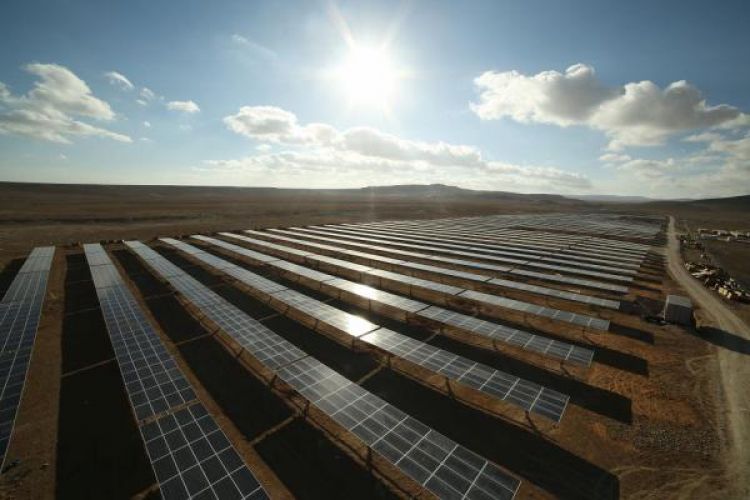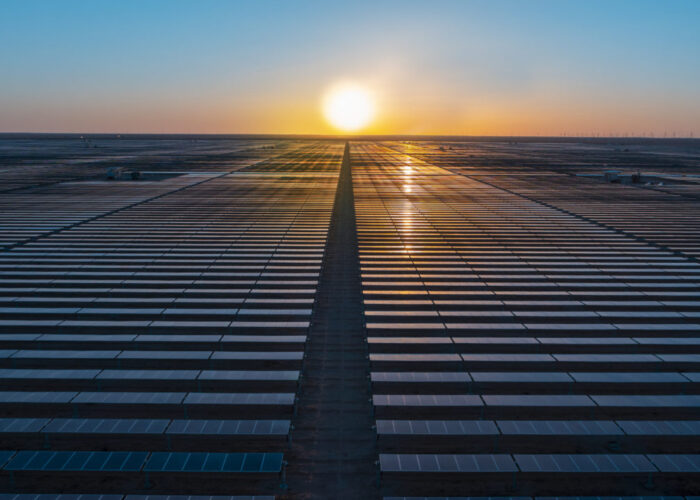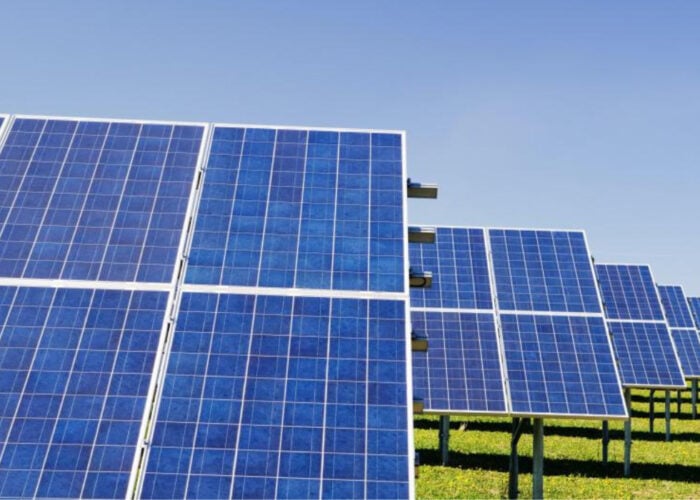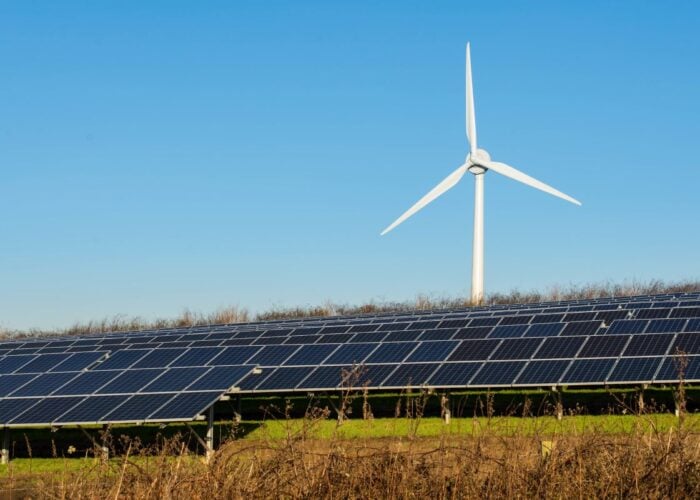
Market research firm Wood Mackenzie has cut its 2020 global solar installation forecast by 18% in response to the expected delays in utility-scale project completions and the overall financial and economic impacts from COVID-19, set to dampen demand in the residential and commercial & industrial PV sectors.
This week, the market research firm said that it had revised down its pre-pandemic demand forecast for solar from 129.5GW to 106.4GW, an 18% decline, although a worse-case forecast could take demand levels down 20%.
Unlock unlimited access for 12 whole months of distinctive global analysis
Photovoltaics International is now included.
- Regular insight and analysis of the industry’s biggest developments
- In-depth interviews with the industry’s leading figures
- Unlimited digital access to the PV Tech Power journal catalogue
- Unlimited digital access to the Photovoltaics International journal catalogue
- Access to more than 1,000 technical papers
- Discounts on Solar Media’s portfolio of events, in-person and virtual
Recently, IHS Markit said it expected global installs to decline 16% to 105GW in 2020, compared to around 125GW installed in 2019.
BloombergNEF (BNEF) also reduced its global solar demand forecast for 2020, due to the impact related to the COVID-19 outbreak. BNEF lowered its forecast range from 121GW-152GW to 108GW-143GW.
With countries around the world at different phases of the pandemic crisis and strategies post lockdowns unclear or at early implementation rates, the situation remains highly dynamic, not least due to overall economic effect that could lead to a major global economic depression.
Global solar demand has already been impacted, amid a fall in component prices as China’s PV manufacturing sector ramps production in the second quarter of 2020.
Should production levels rise sharply above demand levels, production curtailment is possible, notably in the upstream polysilicon and wafer sectors. This could spark component shortages and shipment delays in the second half of 2020, pushing a meaningful recovery in demand back to pre-pandemic growth forecasts.
PV Tech has set up a dedicated tracker to map out how the COVID-19 pandemic is disrupting solar supply chains worldwide. You can read the latest updates here.
If you have a COVID-19 statement to share or a story on how the pandemic is disrupting a solar business anywhere in the world, do get in touch at [email protected] or [email protected].







